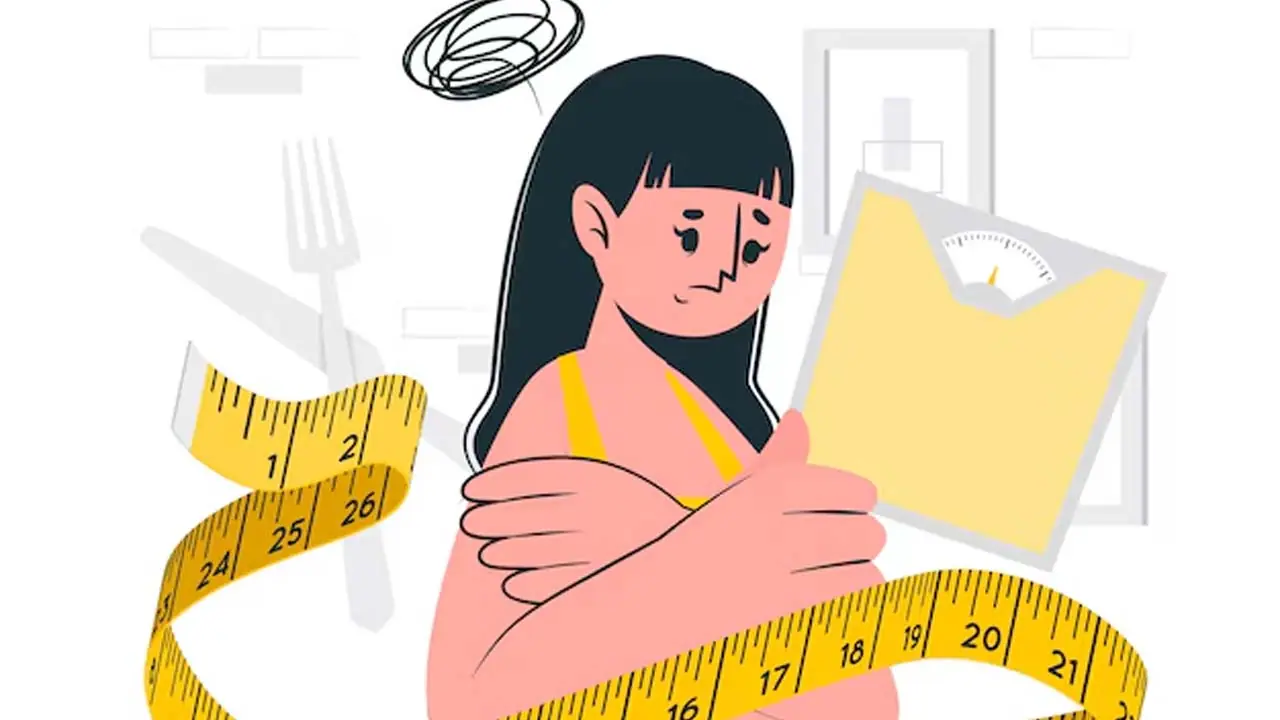- Home
- Lifestyle
- Intermittent fasting vs. Calorie deficit diet: Choose best weight loss strategy for you?
Intermittent fasting vs. Calorie deficit diet: Choose best weight loss strategy for you?
Weight loss can be challenging but the process should be the right one based on all the factors like your lifestyle, sleep cycle etc. Let's see which approach works the best for you.

Weight loss journey can be challenging and often leads to confusion in choosing the right way. Many try to choose quick weight loss and go with the diet plans without understanding the science behind the weight loss. Among the very popular approaches to weight loss, intermittent fasting and Calorie Deficit Diet has been the attention seeking approaches to lose weight. But choosing the right method for weight loss has been a challenging decision. Let's compare both of them to undestand what works for whom.

Intermittent Fasting (IF)
What is Intermittent Fasting?
Intermittent fasting is an eating pattern that alternates between periods of eating and fasting. Unlike traditional forms of diets, it focuses on when you eat rather than what you eat. Popular methods include the 16/8 method (16 hours of fasting, 8 hours of eating) and the 5:2 diet (eating normally for five days and restricting calories for two days).
How to Follow Intermittent Fasting:
Choose a fasting method that suits your lifestyle (e.g., 16/8 or 5:2).
During fasting periods, consume only water, herbal teas, or black coffee.
Eat nutrient-dense meals during eating windows to ensure balanced nutrition.
Benefits of Intermittent Fasting:
Weight Loss: Helps reduce calorie intake naturally by limiting eating windows.
Improved Metabolism: Boosts fat-burning hormones like norepinephrine and human growth hormone.
Health Benefits: May improve insulin sensitivity, reduce inflammation, and support heart health.
Simplicity: No need for calorie counting or meal planning every day.
Calorie Deficit Diet
What is a Calorie Deficit Diet?
A calorie deficit diet involves eating fewer calories than your body needs to maintain its current weight. This forces the body to use stored fat for energy, leading to weight loss. It’s a straightforward approach based on the principle of "calories in vs. calories out."
How to Follow a Calorie Deficit Diet:
Calculate your daily calorie needs using tools or formulas.
Reduce your calorie intake by 500–750 calories per day for sustainable weight loss.
Focus on nutrient-dense foods like lean proteins, whole grains, fruits, and vegetables.
Track your calorie intake using apps or food diaries.
Benefits of a Calorie Deficit Diet:
Customizable: Can be tailored to individual preferences and dietary restrictions.
Effective for Weight Loss: Proven to work when followed consistently.
Flexibility: No restrictions on meal timing or specific food groups.
Awareness: Encourages mindful eating and portion control.
ALSO READ: 8 amazing foods that are rich in calcium than eggs
Which is Better for Weight Loss?
Both intermittent fasting and calorie deficit diets are effective for weight loss, but their suitability depends on individual preferences and lifestyles:
Intermittent Fasting is ideal for those who prefer structured eating windows and want to avoid daily calorie tracking. It may also offer additional health benefits like improved insulin sensitivity.
Calorie Deficit Diet works well for individuals who prefer flexibility in meal timing and food choices. It’s a straightforward approach that can be easily customized.
Explore the latest Lifestyle News covering fashion, wellness, travel, Food and Recipes, and more. Stay updated with trending Health News, fitness tips, and expert insights to inspire your daily living. Discover personalized lifestyle trends that keep you stylish and informed. Download the Asianet News Official App from the Android Play Store and iPhone App Store for everything that adds value to your everyday life.